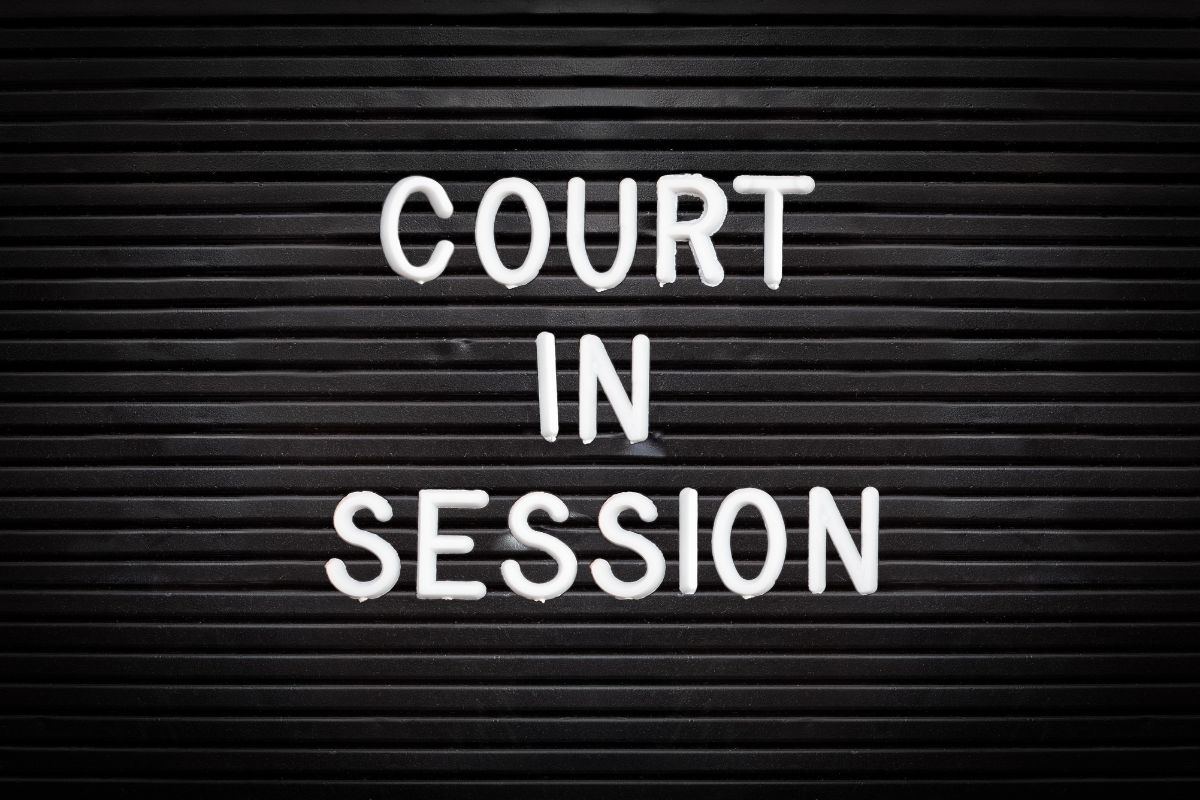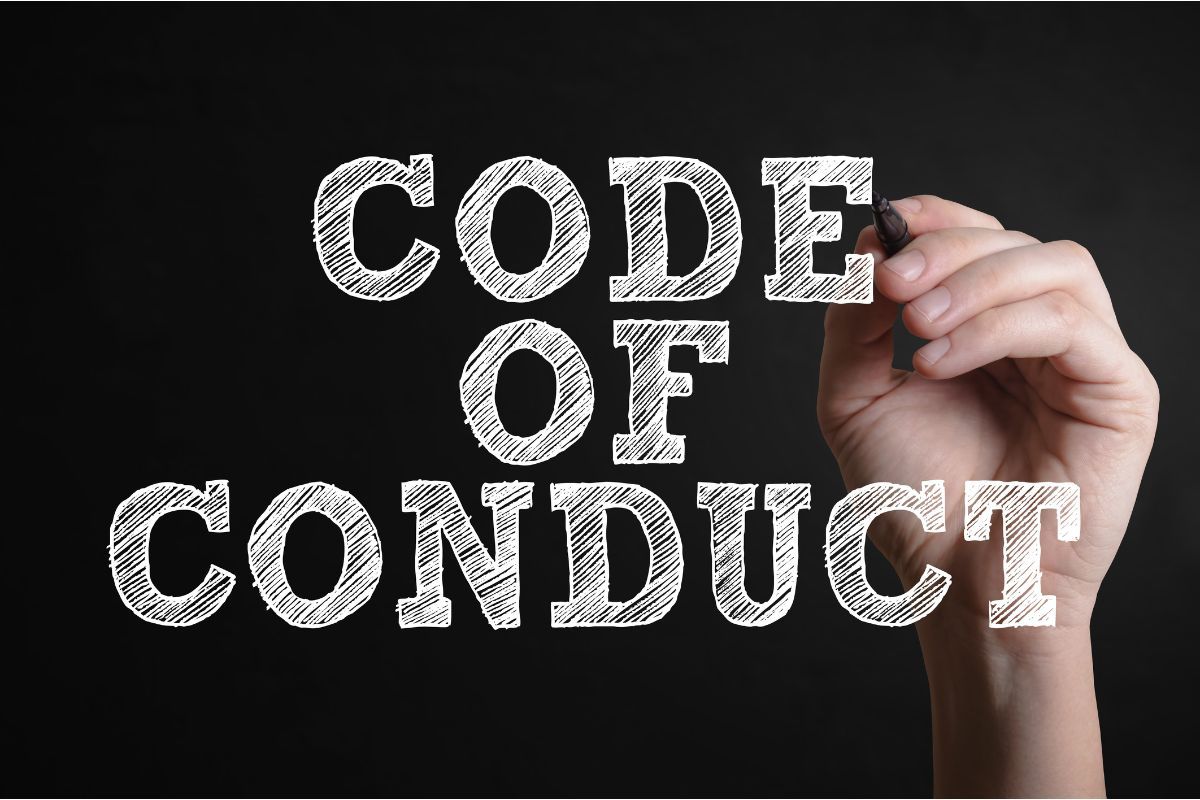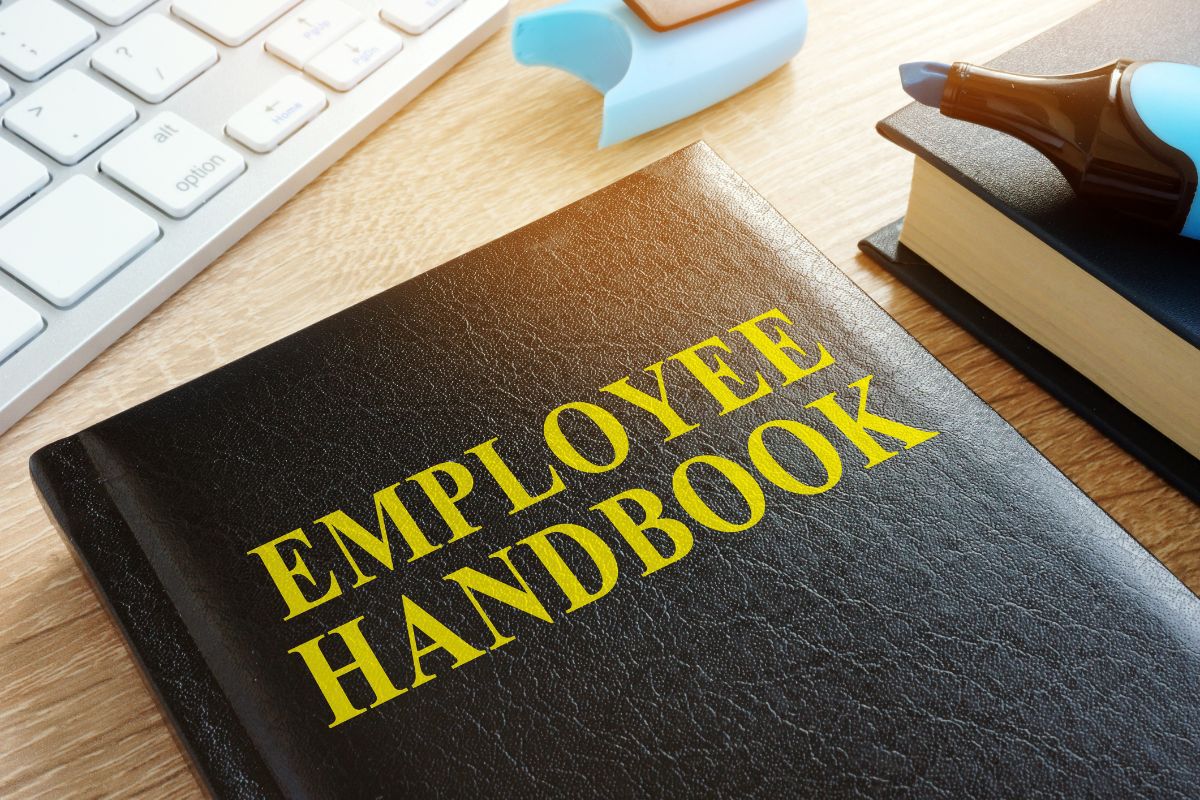Important California Laws To Know – Stalking
In the latter half of the 20th Century, most, if not all, states, including California, criminalized conduct where an individual engages in a continuous, incessant pattern of conduct such as following, badgering, and annoying another person or sending them unsought and unwanted messages. More commonly referred to as “stalking,” this conduct has become much more common in California. Penal Code § 646.9 Stalking Stalking may be charged as a criminal offense when someone willfully, maliciously, or repeatedly follows another person, or when someone willfully and maliciously harasses another person and makes a credible threat placing that person in reasonable fear of his...
Continue reading











